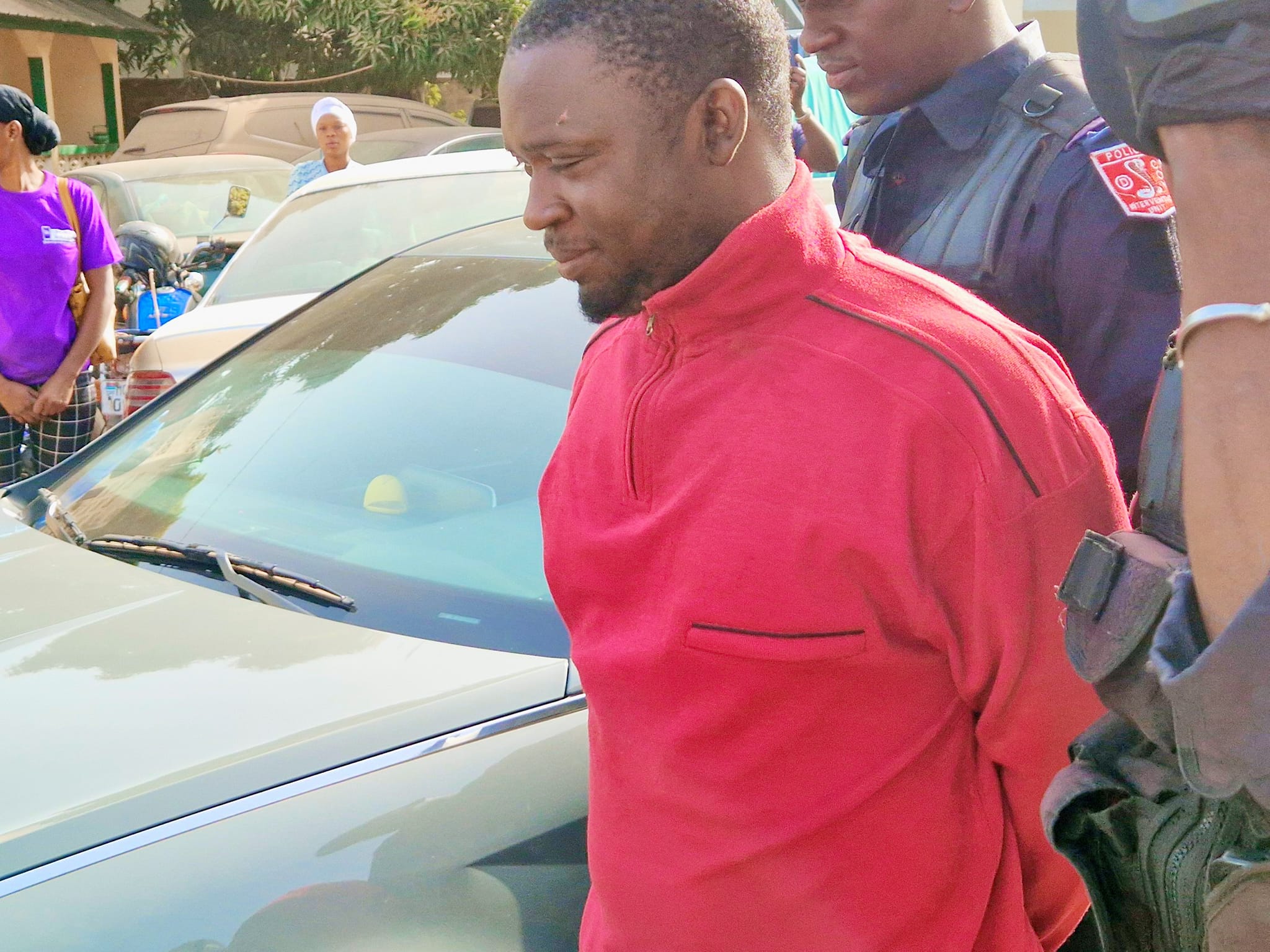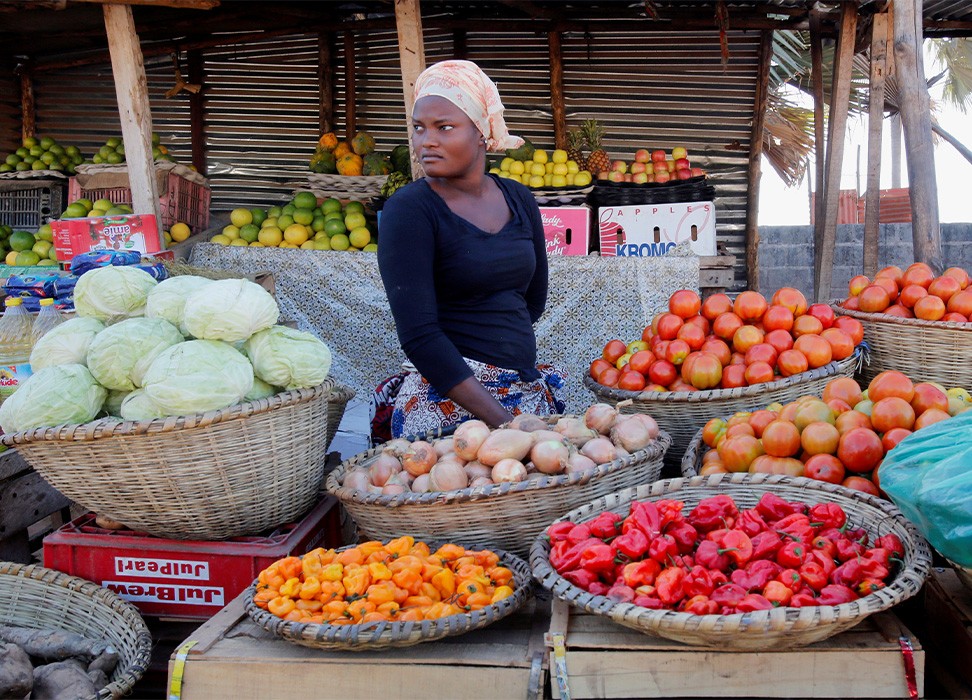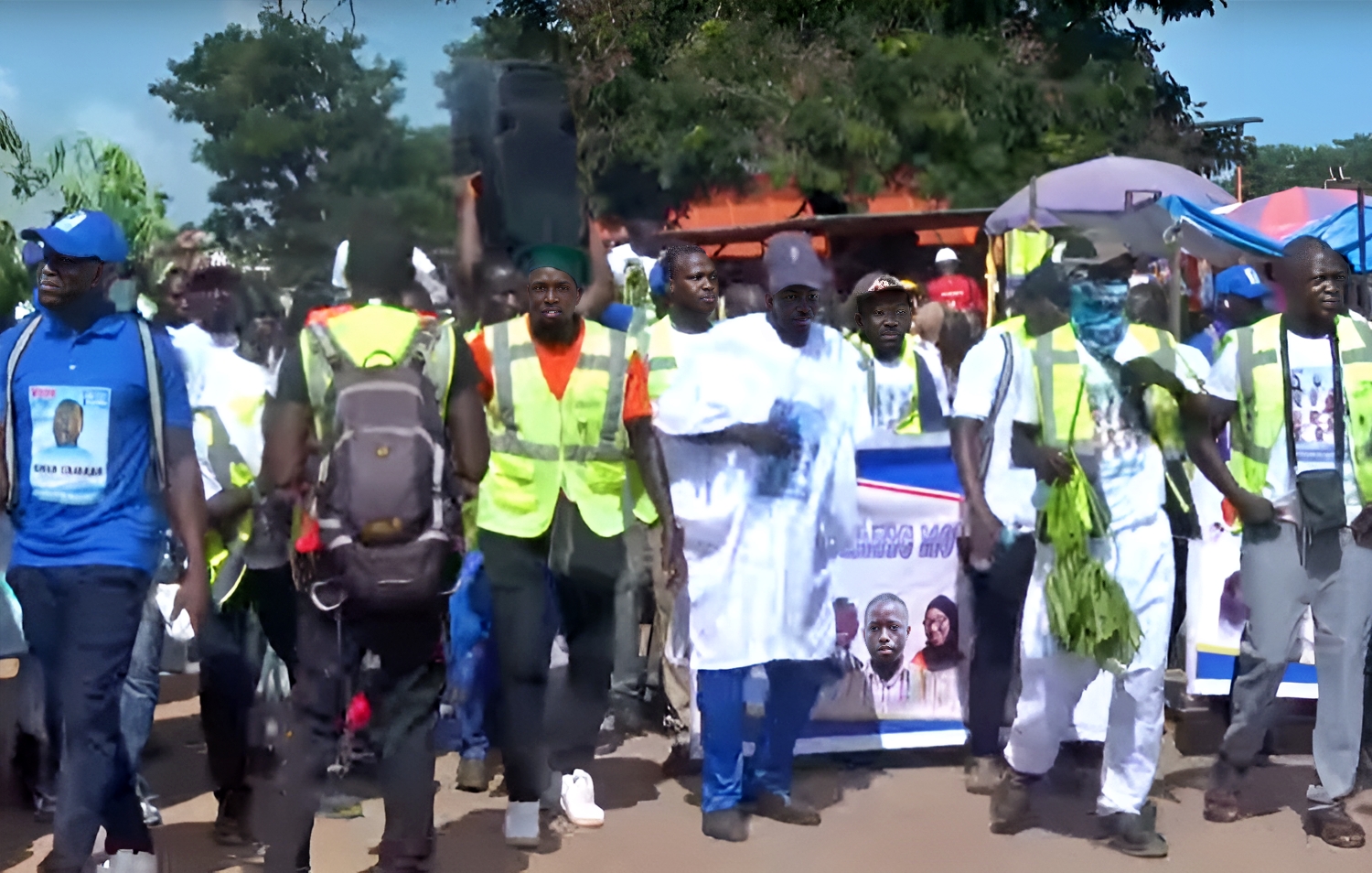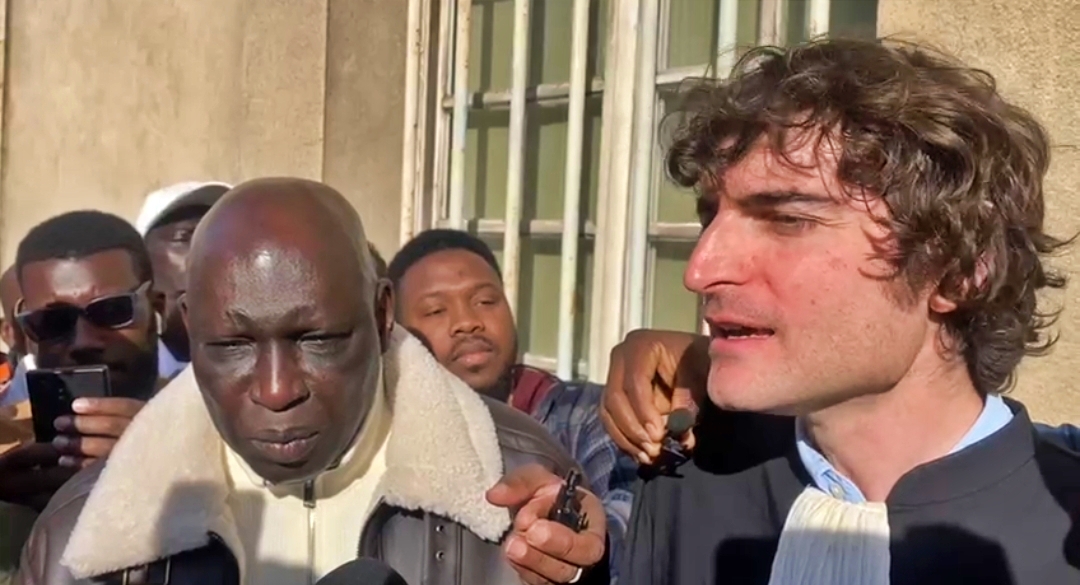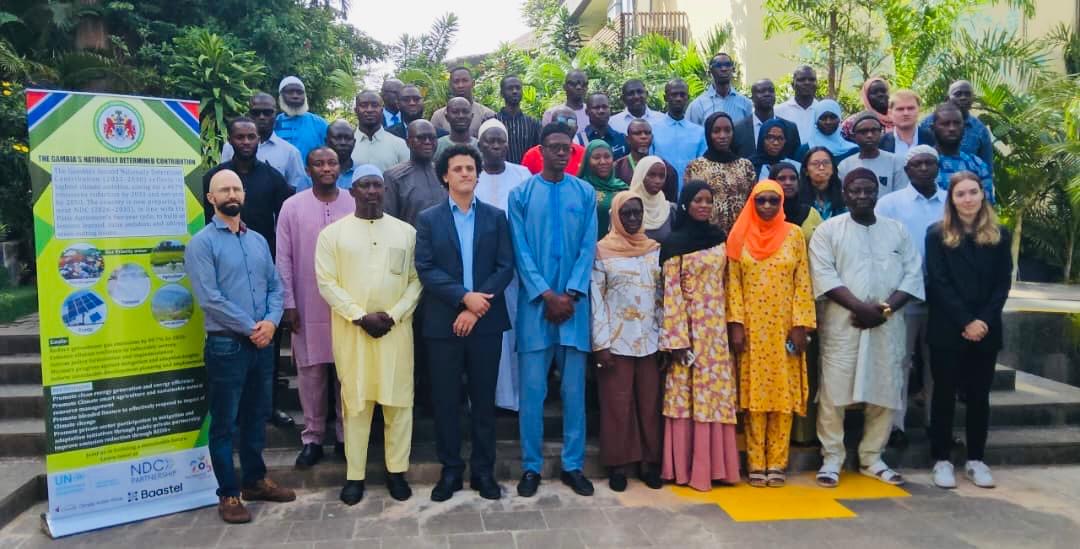Gambiaj.com – (Banjul, the Gambia)- Adopted in 2015, the Paris Agreement is a legally binding global treaty to combat climate change and limit global warming to below 2°C, preferably 1.5°C, above pre-industrial levels.
Signatories to the agreement including The Gambia are mandated to submit Nationally Determined Contributions (NDCs) outlining their climate actions and must update them every five years with more ambitious goals.
To honour this commitment, the government of the Gambia through the Ministry of Environment, Climate Change and Natural Resources (MECCNAR), in collaboration with Climate Action Africa (CAA) and the United Nations Environment Programme (UNEP), commenced a 3-day National Workshop on the NDC 2.0 Stocktake and Preparations for NDC 3.0 at a local hotel in Kololi.
The workshop will launch the national stocktake of the country’s Nationally Determined Contribution (NDC 2.0) implementation, collect sectoral inputs on progress, gaps, and priorities across mitigation, adaptation, and cross-cutting themes (including MRV, finance, and gender), and lay the groundwork for the NDC 3.0 process, ensuring strong national ownership and alignment with the Long-Term Strategy 2050.9
As a signatory to the Paris Agreement, the development of the NDC 3.0 is a key milestone for The Gambia to demonstrate enhanced ambition and alignment with the Paris Agreement.
The implementation of the country’s stocktake of NDC 2.0 is therefore critical to provide the evidence base, lessons learned and identified gaps that will inform the next submission. It will also directly support The Gambia’s international reporting under the Enhanced Transparency Framework.
“Your presence here today is a powerful testament to our shared commitment. A commitment to advancing our national climate ambition, strengthening ownership of this process across all sectors, and collectively positioning The Gambia as a leader in climate governance and green development,” Mr. Bubacarr Zaidi Jallow, Deputy Permanent Secretary, Ministry of Environment said.
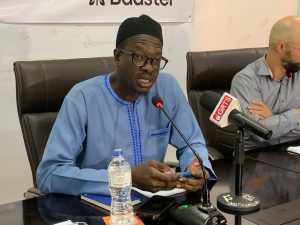
Mr. Jallow reaffirmed the Government of The Gambia, under the leadership of this Ministry, its unwavering commitment to the Paris Agreement and to a climate-resilient, low-carbon future for the nation.
DPS Jallow said the 3-day workshop is a cornerstone of that commitment, citing that it represents a moment for honest reflection on the implementation of the country’s Second NDC achievements, lessons learned, and the challenges faced.
“From our initial Intended Nationally Determined Contribution to our current NDC2, we have made measurable progress. This is evident in the growing portfolio and quality of our climate change projects and programmes. We have strengthened sectoral coordination, mainstreamed climate priorities into our national development planning, and begun to mobilise crucial investments for implementation,” he said.
DPS Jallow said the stocktake the workshop will cover in the next 3 days will allow them to quantify these gains, identify persistent gaps, and recalibrate our strategy. He said this ensures that the country’s NDC 3 is both ambitious in its vision and grounded in practical reality.
DPS Jallow emphasised that they must also confront the enduring challenges: building adequate institutional capacity, overcoming fragmented data systems, and strengthening the legal and policy frameworks that anchor climate action across all sectors.
“Let me be clear: the paradigm shift required for effective NDC implementation cannot be achieved by the government alone. The public sector will provide the strategic direction and policy coherence. The private sector is called upon to drive innovation, green investment, and job creation. Civil society must ensure accountability, equity, and strong community ownership. Together, we form the backbone of a true whole-of-society approach,” he said.
Meanwhile, Mr. Lamin Jammeh, Director Climate Change Secretariat at the Ministry of Environment said The Gambia has and continues to honour the Paris commitment.
“We may not always be the first to submit our NDC during each NDC cycle, but we have always submitted our NDCs without default, each cycle of NDC more progressive and ambitious than the previous as dictated by article 4.3 bearing in mind CBDR-RC principles,” he said.

“As we deliberate on NDC3 formulation, it is essential to recognize the central role of climate finance as a strategic enabler of ambition. The formulation and implementation of NDCs must be underpinned by credible financing strategies, aligned with Article 9 of the Paris Agreement and responsive to both domestic priorities and international opportunities. Without finance, our ambition remains aspirational,” he said.
Mr. Jammeh said they must equally confront the reality that capacity building is a continuous investment and a necessity for both NDC development and implementation. He said for most countries, the NDC process has revealed critical gaps in technical expertise, institutional coordination and data systems.
Mr. Jammeh further asserted that NDC3 must embed capacity strengthening as a core pillar, ensuring that national institutions are equipped with capacity to plan, implement and monitor NDC process and procedure.
“The scope of NDC3 matters profoundly. It must go beyond mitigation targets to encompass adaptation, loss and damage, transparency, and just transition. It must speak to our development aspirations, our vulnerabilities, and our strengths. This workshop is an opportunity to reflect and reimagine our approach both in the formulation and implementation of NDCs,” he emphasised.



